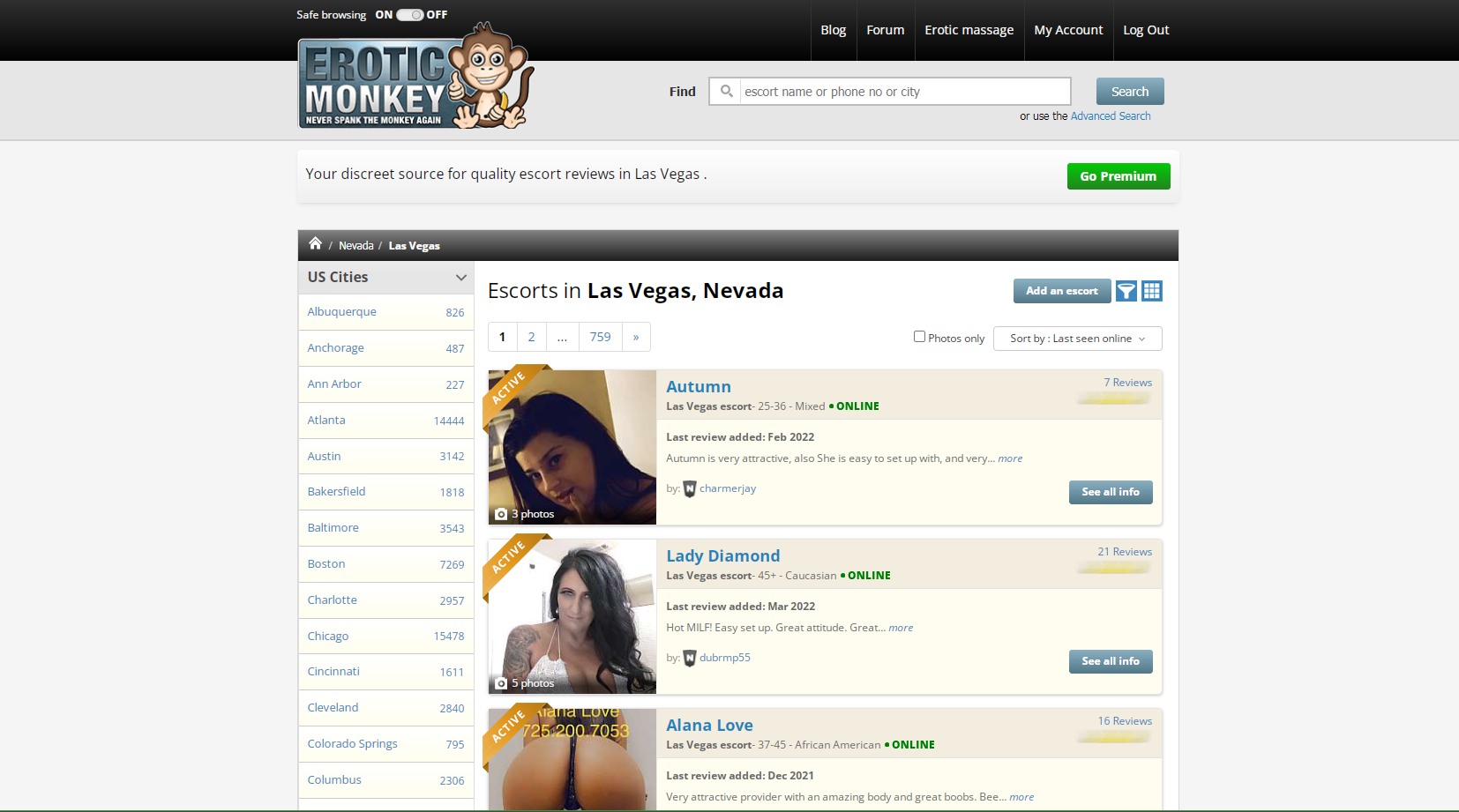
WEIGHT: 51 kg
Bust: Medium
One HOUR:80$
NIGHT: +80$
Services: Mistress, Facial, Toys / Dildos, Facial, Foot Worship
All products are independently selected by our editors. If you buy something, we may earn an affiliate commission. The first time I ever heard the phrase breadcrumbing, a label for sending flirty yet noncommittal text messages —bread crumbs! Struggling to survive the dating scene in millennial Los Angeles , my friends and I have all been subjected to a dreaded, "Heyyyyy bb, gotta raincheck this time but def wanna chill soon.
This got me thinking about dating slang of decades past, like going steady, or making love. Figuring out how changes in language reflect bigger cultural shifts is my personal obsession as a linguist—and the basis of my new book, Wordslut: A Feminist Guide to Taking Back the English Language. So how exactly have the ways people talk about dating evolved over time, and what does it say about our attitudes toward love in general?

No slang to go along with it. Only after the dating process became more loosey-goosey did we come up with fun words to narrate these wacky new experiences. As proof, check out a timeline of dating slang from 80 years ago to today below.
Pretty much all '40s slang words became about World War II, whether they were about dating or not. In this case, sugar was scarce during the war, and you could only get it with government-issued ration stamps. PS: Likening women to dessert hasn't gone away: honey, tart, cookie, cupcake, piece of ass, etc. This decade reflected an equally creepy dating landscape. Bird-dogging is still in somewhat common use but has, more appropriately, evolved to refer to someone who harasses or is a total stalker in how they follow up with their dates.

By the s our approach to dating had become a little less murder-y. This decade gave us the phrase bummed out, which today describes feeling blue or disappointed. Back then, it was reflective of a general expectation to downplay your emotions as much as possible. Saying bummed out was a way to describe feeling sad about a breakup without seeming too worked up about it.


































